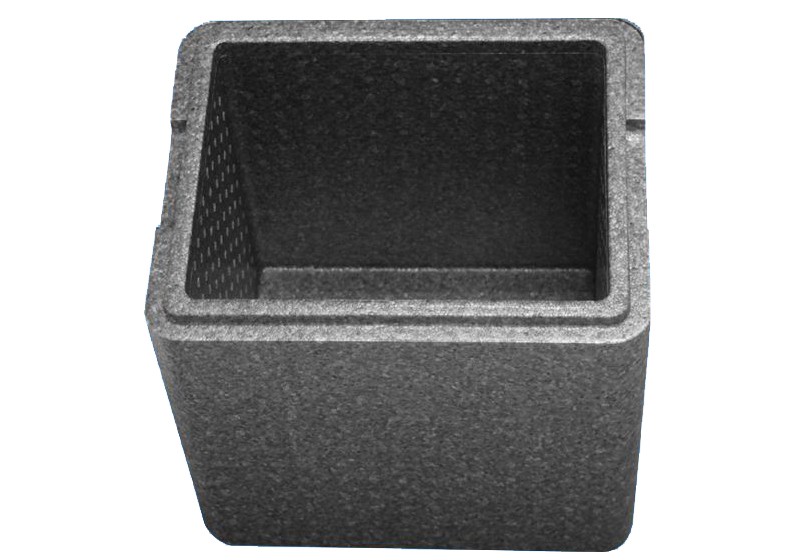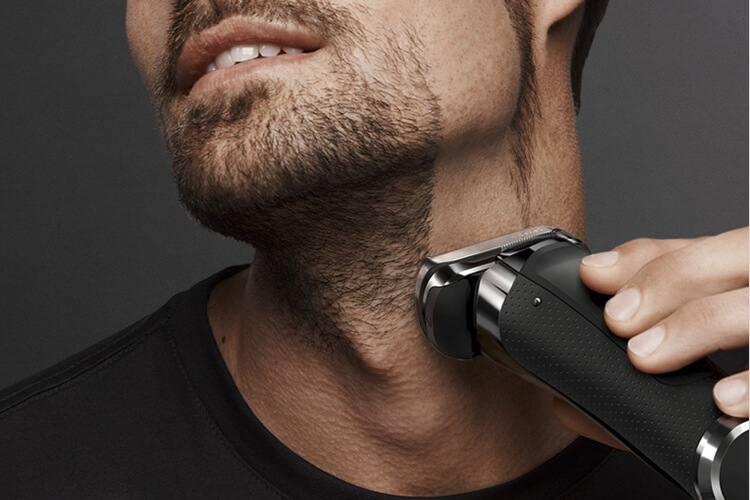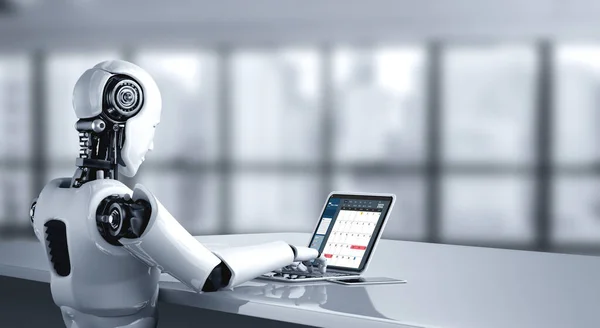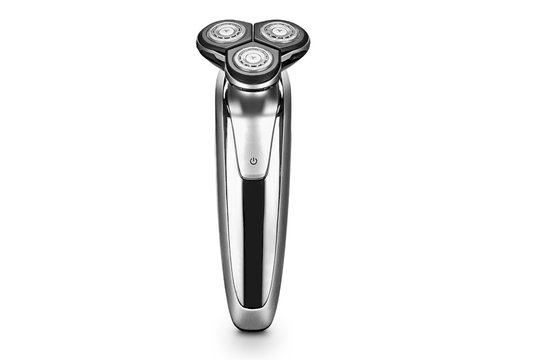Midea Group and KUKA AG: Strategic Innovations and Developments in the Modular Robotics Market
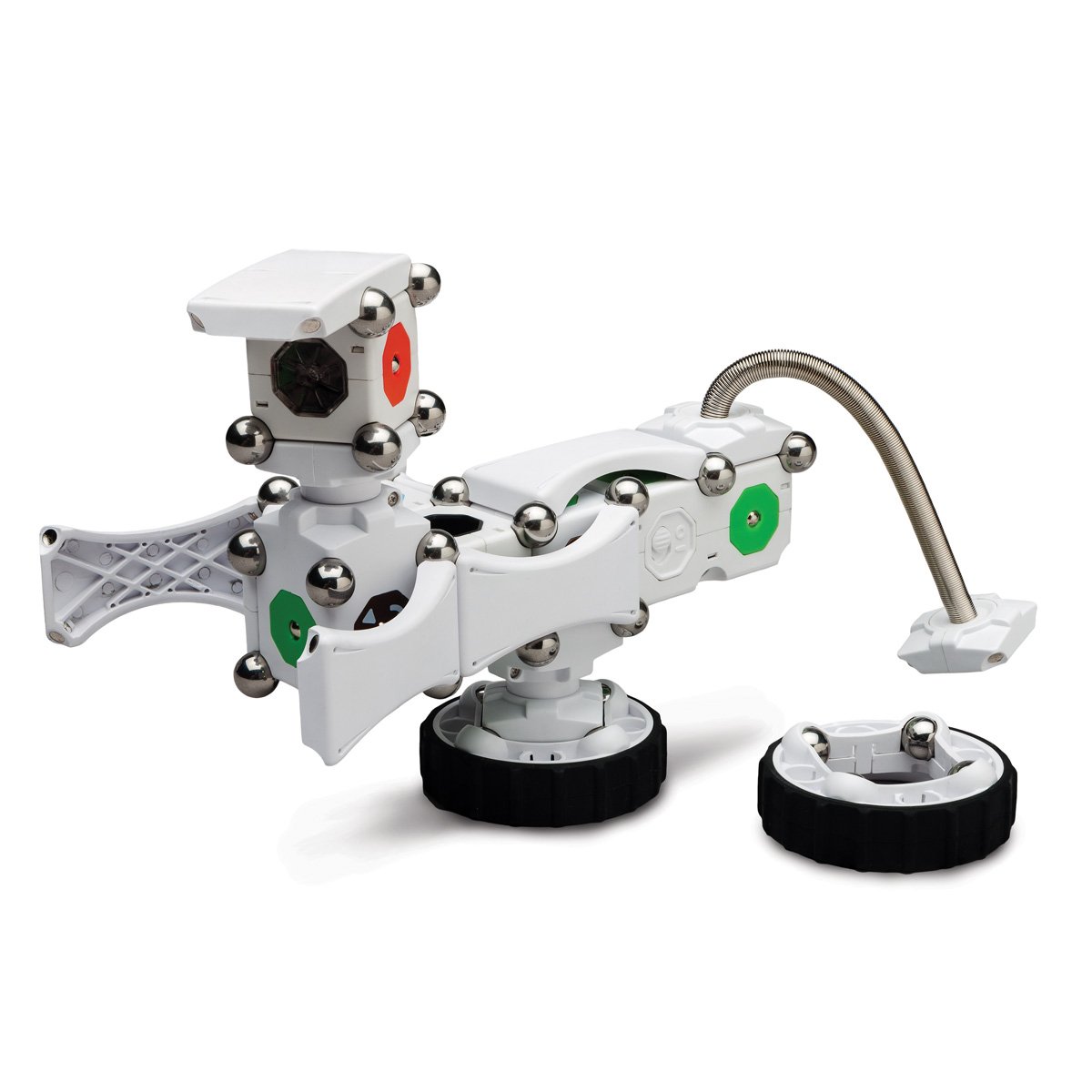
Strong 8k brings an ultra-HD IPTV experience to your living room and your pocket.
The modular robotics market has experienced significant growth and transformation over the past few years, fueled by advancements in automation, artificial intelligence (AI), and robotics technology. Among the key players in this rapidly evolving market are Midea Group and KUKA AG, two companies that have made strategic moves to dominate the industry. By leveraging innovations, strategic acquisitions, and an agile approach to emerging technologies, both companies are leading the charge in shaping the future of modular robotics.
Midea Group: A Strategic Powerhouse in Robotics Innovation
Midea Group, a Chinese multinational known for its consumer electronics and home appliances, has strategically expanded its footprint in the robotics and automation sector. The company has identified robotics as a key area for long-term growth, and its acquisition of KUKA AG in 2016 has further solidified its presence in the global robotics market. Midea has placed a significant emphasis on modular robotics—robots designed with adaptable, customizable parts that can be easily reconfigured for a variety of applications across industries.
Strategic Focus Areas:
1.Global Expansion of Robotics Capabilities: Midea has aggressively expanded its robotics and automation division through global acquisitions and investments in cutting-edge technologies. By acquiring KUKA AG, a leader in industrial robotics, Midea gained access to KUKA's extensive expertise in automation and modular robotics solutions. This strategic acquisition enabled Midea to diversify its portfolio and provide modular robotics solutions for industries ranging from manufacturing and logistics to healthcare.
2.Modular Robotics for Industry 4.0: Midea has embraced Industry 4.0 principles, integrating the Internet of Things (IoT), artificial intelligence (AI), and cloud computing into its robotics solutions. The modular robotics systems designed by Midea's research and development teams can be easily customized and deployed for various industrial purposes. These robots are capable of performing a wide range of tasks, such as assembly, packaging, material handling, and more, making them valuable assets for manufacturers seeking increased efficiency, precision, and cost savings.
3.Collaborative Robots (Cobots): Midea’s focus on collaborative robots (cobots) is a crucial aspect of its strategy. Cobots are designed to work alongside human workers, enhancing productivity and safety in manufacturing environments. By incorporating modularity into its cobots, Midea enables companies to scale their automation systems easily, allowing businesses to upgrade or adapt the robots based on changing needs and technological advancements.
4.AI-Powered Automation: AI integration is a core part of Midea’s robotics strategy. AI-powered modular robots can optimize production workflows by using machine learning algorithms to improve their performance. This allows for greater flexibility, precision, and decision-making capabilities. Midea is actively investing in AI technologies to ensure that its robotics solutions remain at the forefront of innovation.
KUKA AG: A Pioneer in Modular Robotics and Automation
KUKA AG, now a part of Midea Group, is a global leader in industrial robotics and automation. The company is known for its advanced robotic systems, including modular robotics solutions that offer flexibility and scalability for various industries. With over 100 years of experience in industrial automation, KUKA AG continues to drive innovation in modular robotics.
Strategic Focus Areas:
1.Modular Robotics for Smart Manufacturing: KUKA AG’s modular robotics systems are designed for flexibility, allowing manufacturers to create tailored automation solutions to meet their specific needs. These systems can be reconfigured or expanded, making them ideal for rapidly changing production environments. By offering modularity, KUKA enables manufacturers to adapt to new products or processes without the need for large-scale investments in new automation systems.
2.Human-Robot Collaboration: KUKA’s expertise in human-robot collaboration (HRC) allows its modular robots to work seamlessly alongside human operators. The company’s robots are designed to be safe, efficient, and user-friendly, enabling a harmonious interaction between humans and machines. This collaborative approach is essential for industries that require a balance between automated processes and human expertise.
3.Focus on R&D and Innovation: KUKA AG has invested heavily in research and development (R&D) to remain a leader in the robotics sector. The company’s modular robotics solutions incorporate advanced sensors, AI, and machine learning technologies to optimize performance and increase the efficiency of industrial processes. Additionally, KUKA’s commitment to open-source software and flexible robotic platforms allows customers to easily integrate their robotics solutions with existing systems.
4.Sustainability and Energy Efficiency: KUKA has also made strides in developing sustainable robotics solutions. Modular robots designed for energy efficiency help manufacturers reduce their carbon footprint and lower operational costs. KUKA’s robots are engineered to minimize energy consumption while maintaining peak performance, ensuring that businesses can meet sustainability goals while benefiting from automation.
Emerging Innovations and Developments in the Modular Robotics Market
Both Midea Group and KUKA AG are embracing emerging innovations that are reshaping the modular robotics market. Some key developments include:
1.AI and Machine Learning Integration: AI-powered modular robots are becoming increasingly sophisticated, enabling them to learn from their environments and improve their performance over time. Midea and KUKA are investing in AI algorithms that allow robots to handle complex tasks with greater efficiency and precision.
2.Robotics as a Service (RaaS): The growing demand for cost-effective automation solutions has led to the rise of Robotics as a Service (RaaS). Both Midea and KUKA are exploring this model, which allows businesses to rent robots on a subscription basis rather than making large capital investments. RaaS is expected to open up modular robotics to smaller companies and startups.
3.Integration with IoT and Cloud Technologies: The integration of modular robots with IoT devices and cloud platforms is facilitating the creation of smart factories. Midea and KUKA’s modular robots are equipped with IoT sensors that enable real-time monitoring, predictive maintenance, and remote management. Cloud computing further enhances these capabilities by allowing manufacturers to analyze data across multiple locations.
4.Flexible Manufacturing Systems (FMS): Modular robotics is playing a key role in the development of Flexible Manufacturing Systems (FMS), which can quickly adapt to changes in product design or production schedules. Both Midea and KUKA are investing in flexible robots that can reconfigure themselves to handle different tasks in the production line, improving operational agility and reducing downtime.
Conclusion: Shaping the Future of Modular Robotics
As Midea Group and KUKA AG continue to innovate and develop modular robotics solutions, they are poised to drive the future of automation across industries. Their strategies—ranging from the integration of AI and machine learning to expanding collaborative robotics and embracing flexible manufacturing systems—are setting the stage for a new era of efficiency, scalability, and adaptability in the modular robotics market.
By focusing on emerging technologies and customer-centric solutions, both companies are not only meeting the demands of today’s industries but also paving the way for a more automated, intelligent, and sustainable future.
Note: IndiBlogHub features both user-submitted and editorial content. We do not verify third-party contributions. Read our Disclaimer and Privacy Policyfor details.



